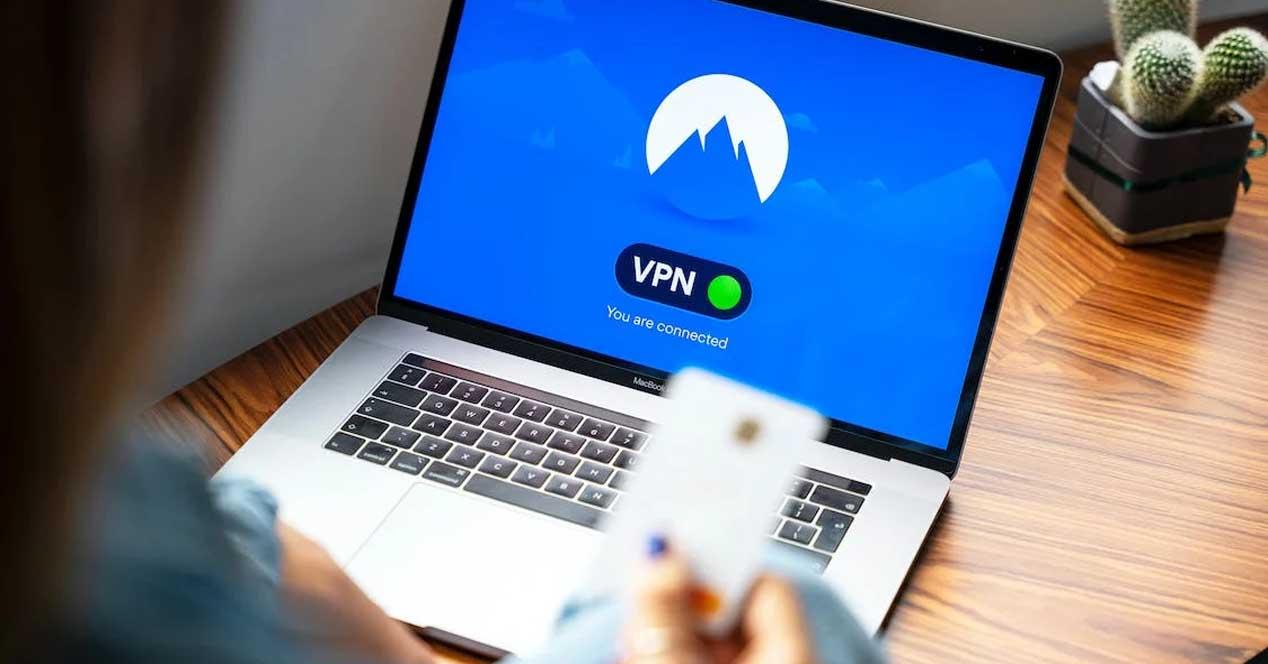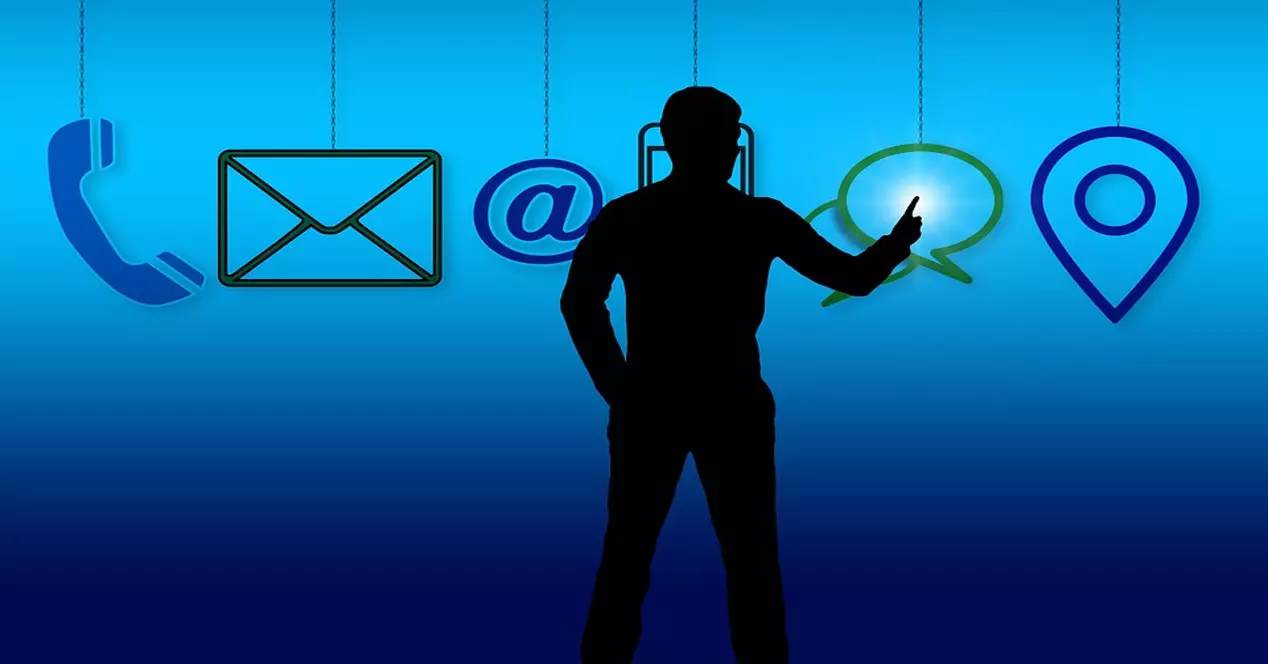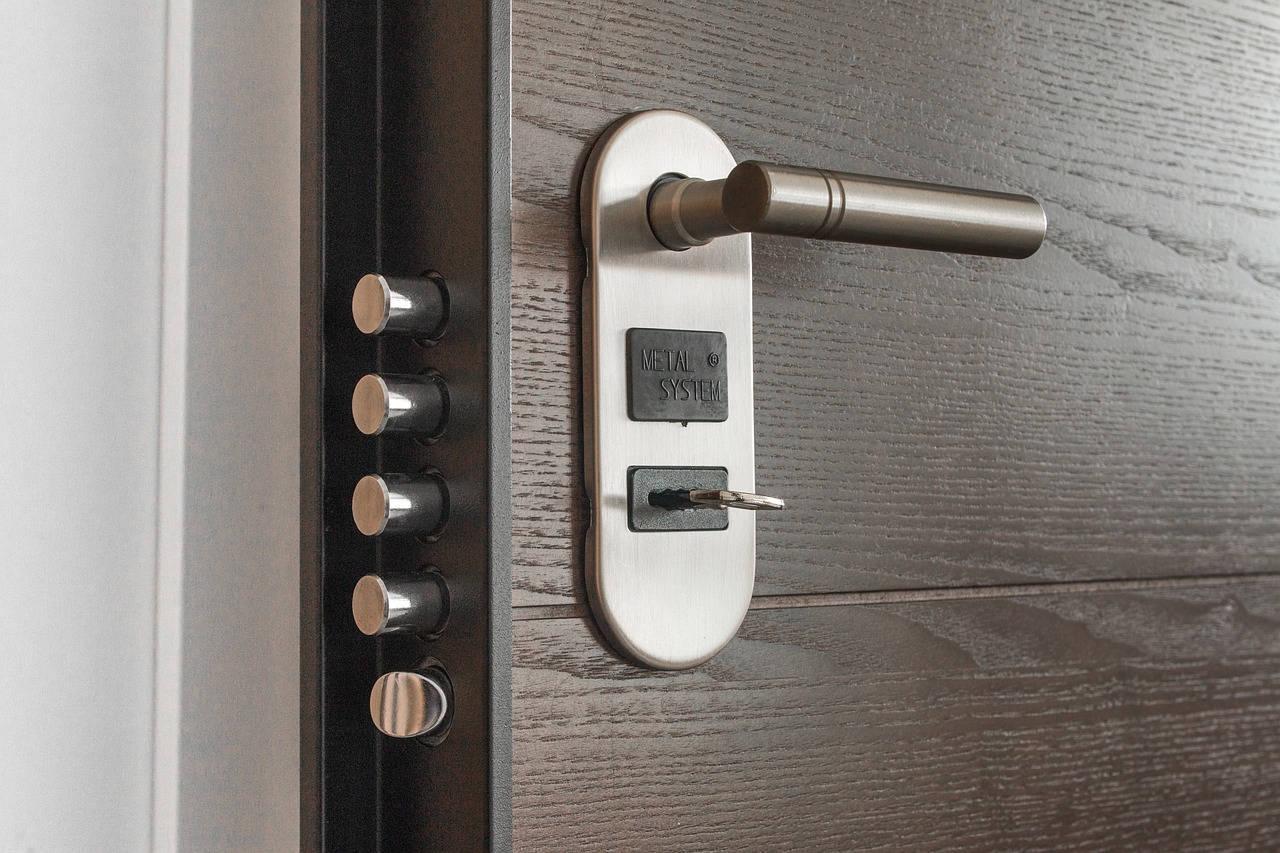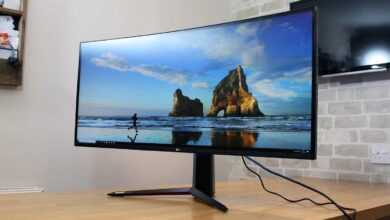
The world of the internet has become a vital part of our daily life. Although there are many benefits to using the Internet, doing so has made us vulnerable to a variety of risks. The same is true with online gambling. When it comes to playing online casinos in the Middle East, Arab players face many challenges. Gamblers in this region are concerned about how to protect their online gaming experience as well as the legal ramifications they may face. Despite these obstacles, players have found means to overcome them. The use of virtual private networks (VPNs) has become essential for ensuring both privacy and security on the Internet as the interchange of personal data and online financial transactions becomes more common.
What Are VPNs?
VPNs, or Virtual Private Networks, is a remarkable technology designed to establish a secure connection between your device and the internet. By forming this protected link, VPNs enable users to browse the digital world with a greater sense of safety and assurance. Additionally, they provide the freedom to access content and services that may be geographically restricted, allowing for more expansive and unrestricted online exploration.
More Secure Online Privacy
Protecting online privacy is one of the main reasons people choose VPNs. Our online behavior continuously gathers data from Internet service providers (ISPs), governments, advertising, and even cybercriminals. All information traveling between your computer and the Internet is encrypted when using a VPN, preventing unauthorized parties from listening in or viewing confidential data. You can feel secure knowing that your internet actions are kept confidential.
How VPNs Operate
When you use a VPN, your data first goes to the VPN server through an encrypted tunnel before continuing to its destination. Your IP address is hidden during this process, and a new one is sent to you based on the location of the server. This way, your online activities become practically impossible to trace, making it challenging for nefarious entities to track your online presence or keep tabs on your surfing habits.
Why Use a VPN?
Here are several reasons when and why you need to use a VPN:
Using Public WiFi Safely
Public Wi-Fi hotspots are useful for keeping in touch when traveling and can be found at coffee shops, airports, and hotels. They are infamous, though, for having poor security. Hackers may be able to access login credentials, private information, and financial data by readily intercepting data sent across these networks. By encrypting your data, VPNs provide additional security when utilizing public Wi-Fi, thereby protecting you from such attacks.
Getting Around Geo-Restrictions
Different digital products, such as video streaming websites and social media sites, may have geographical limits or be blocked as a result of licenses or government restrictions. Users of VPNs may bypass these Geo-restrictions by connecting to servers abroad. They benefit from having access to a wider variety of material and are given the freedom to use the Internet without limitations as a result.
For example, if you are a casino player from a country in the Arab world, you should pay attention to the rules on gambling and betting in Islam. Islam places a great value on privacy and security, and protecting one’s online activities and personal information is in line with Islamic teachings. VPNs are important for maintaining online security and privacy in the following ways:
- Enhancing Privacy and Security: VPNs can ensure that your online activities will be protected, ensuring safety and privacy.
- Acting as a Shield: Everyone can protect themselves from online abuse by creating a safe and civil online community, even per Muslim principles.
- Trustworthy and Confidential communication: Trust and confidentiality are important, so this kind of protection is more than needed.
- No unwanted cyber threats: VPNs can guard you against any unwanted activities or threats on the Internet.
- Safety for Children is Enhanced: Children can be protected from watching any non-children content by using a VPN.
- Enabling Remote Religious Practices: Any religious activities or virtual lectures can be followed via VPN servers if the presence is not possible at the moment.
P2P File Sharing Security
Peer-to-peer (P2P) file sharing can be a practical method for swiftly transferring huge files. Users may, however, be subject to security and legal issues as a result.
Without a VPN, other users on the P2P network can see your true IP address, which leaves you open to possible legal repercussions if you unintentionally transmit copyrighted content. Your IP address can be concealed by utilizing a VPN, safeguarding your privacy and lowering the possibility of legal trouble.
Final Words
Maintaining online protection and security is critical in a world where dangers online are always evolving. Virtual private systems are important for keeping our private data and sensitive information safe from prying eyes. However, it is important to remember that not all VPN services are created equal. If you want to reap the most significant benefits, you must choose a reputable VPN provider. You’ll be able to browse the web safely and securely with a good VPN.



